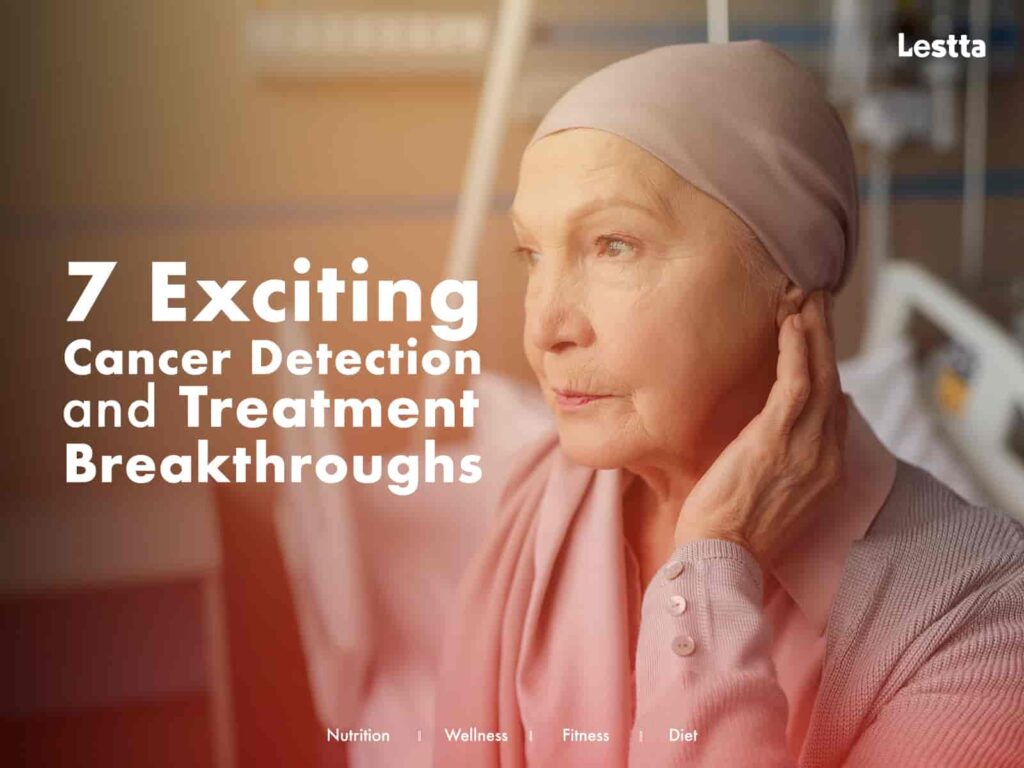
In the realm of modern medicine, the continuous quest for innovative cancer treatment methods has led to remarkable breakthroughs that are revolutionizing how we detect and combat this formidable disease. From cutting-edge technologies to novel therapeutic approaches, these advancements offer new hope in the fight against cancer.
1. Liquid Biopsies for Early Detection
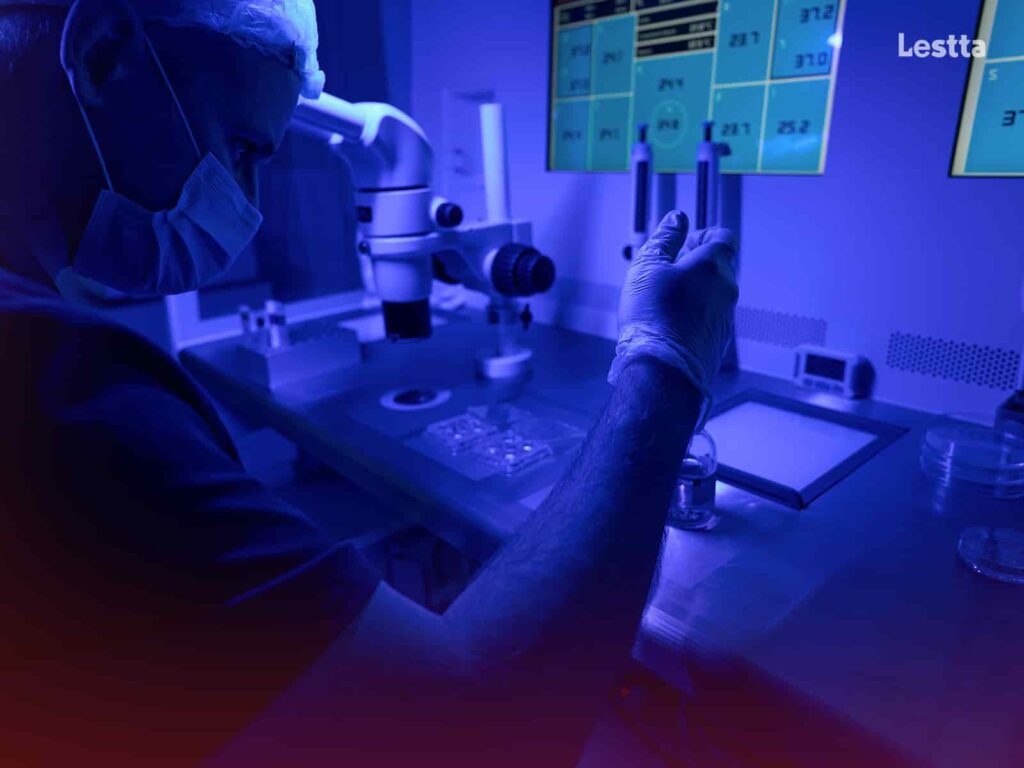
Traditional cancer detection methods often involve invasive procedures, but liquid biopsies are changing the landscape. These tests analyze a simple blood sample for fragments of DNA released by tumors, providing early insights into the presence of cancer cells and genetic mutations.
Liquid biopsies offer a non-invasive and convenient way to monitor treatment effectiveness and detect recurrences.
2. Immunotherapy: Unleashing the Body’s Defense
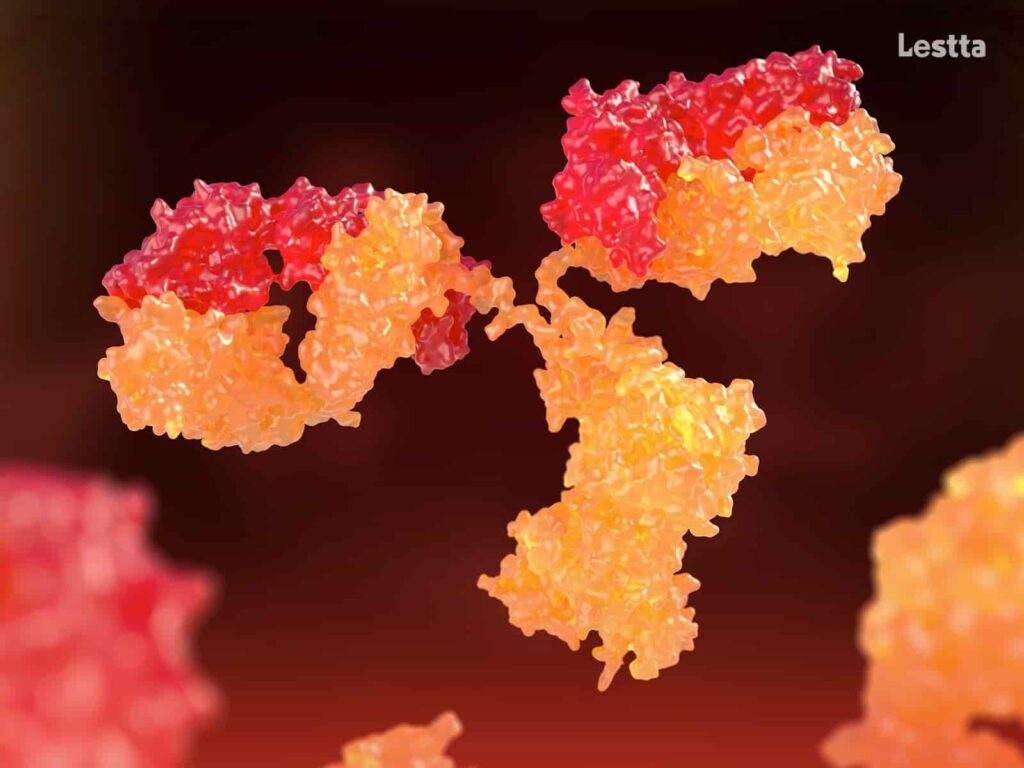
Immunotherapy is a groundbreaking approach that harnesses the body’s immune system to target and destroy cancer cells. This cancer treatment breakthrough includes checkpoint inhibitors, CAR-T cell therapy, and cancer vaccines.
These therapies empower the immune system to recognize and attack cancer cells, leading to durable and often more tolerable outcomes for patients.
3. Precision Medicine Tailored to Individuals

Precision medicine involves tailoring cancer treatment to a patient’s unique genetic makeup and the specific genetic mutations within their tumors. This approach enhances treatment efficacy while minimizing side effects.
By analyzing the genetic characteristics of each patient and their cancer, oncologists can select the most suitable targeted therapies.
4. Targeted Therapies Disrupting Cancer Growth
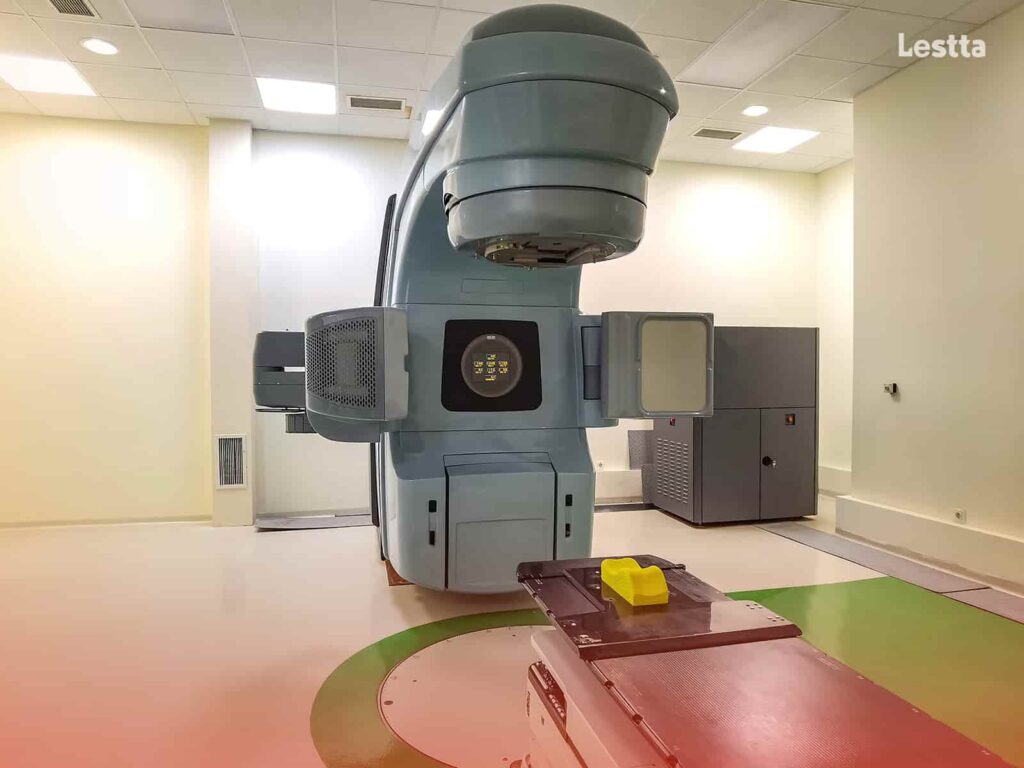
Targeted therapies are designed to inhibit the specific molecules and pathways that drive cancer growth. Unlike traditional chemotherapy, which affects both healthy and cancerous cells, targeted therapies are more selective.
They focus on disrupting the molecular abnormalities unique to cancer cells, leading to increased treatment effectiveness and reduced side effects.
5. Nanotechnology for Precision Drug Delivery
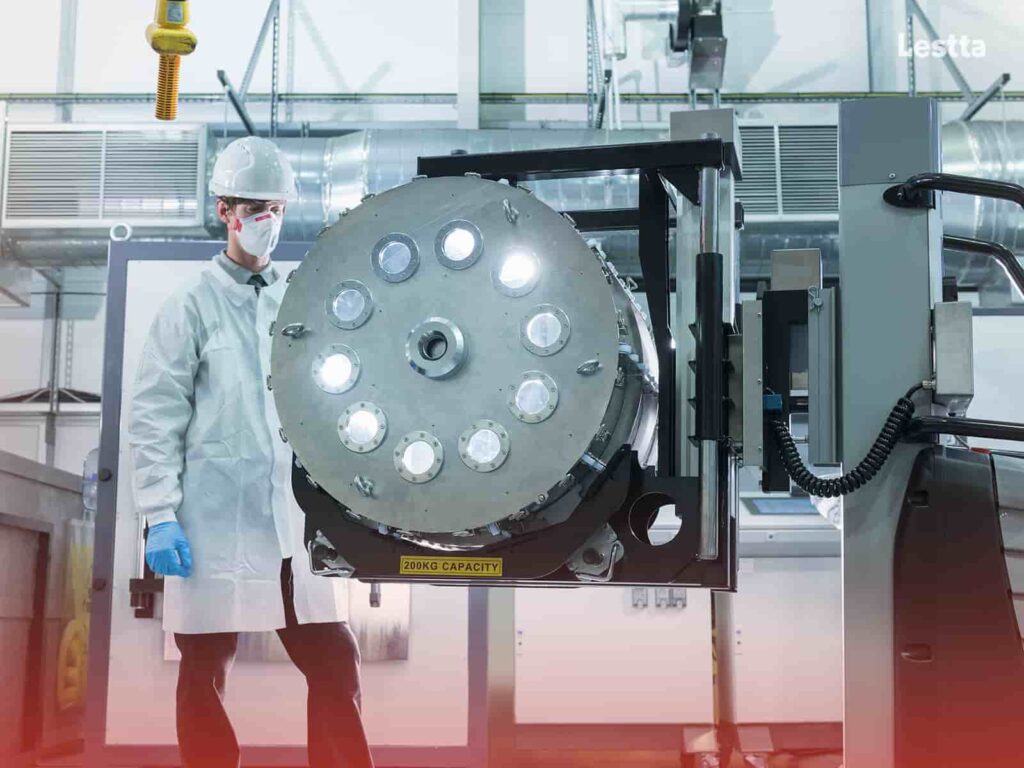
Nanotechnology is introducing a new dimension to cancer treatment by enabling precise drug delivery to tumor sites. Nanoparticles are engineered to transport drugs directly to cancer cells, minimizing damage to healthy tissues.
This approach enhances drug potency, reduces side effects, and improves the overall quality of life for patients undergoing treatment.
6. Artificial Intelligence in Diagnostics

Artificial Intelligence (AI) is transforming cancer diagnostics by analyzing vast amounts of medical data to identify patterns and predict disease outcomes. AI-powered tools assist radiologists in detecting early signs of cancer in medical images, improving accuracy and efficiency.
This technology is expediting diagnosis and enabling timely interventions.
7. Personalized Cancer Vaccines

Personalized cancer vaccines represent a cutting-edge approach to cancer treatment. These vaccines are created using a patient’s own cancer cells or antigens derived from them.
By stimulating the immune system to recognize and attack these specific antigens, personalized vaccines hold promise for treating various cancer types and preventing recurrences.
Conclusion
The field of cancer treatment is undergoing a remarkable transformation due to these seven exciting breakthroughs. The integration of precision medicine, immunotherapy, nanotechnology, and AI-driven diagnostics is shaping a future where cancer becomes increasingly manageable and survivable.
As research and innovation continue to unfold, it is evident that the relentless pursuit of effective cancer detection and treatment strategies is yielding unprecedented results. These breakthroughs bring renewed hope to patients, families, and healthcare professionals, fueling optimism for a future where cancer’s impact is significantly diminished.









